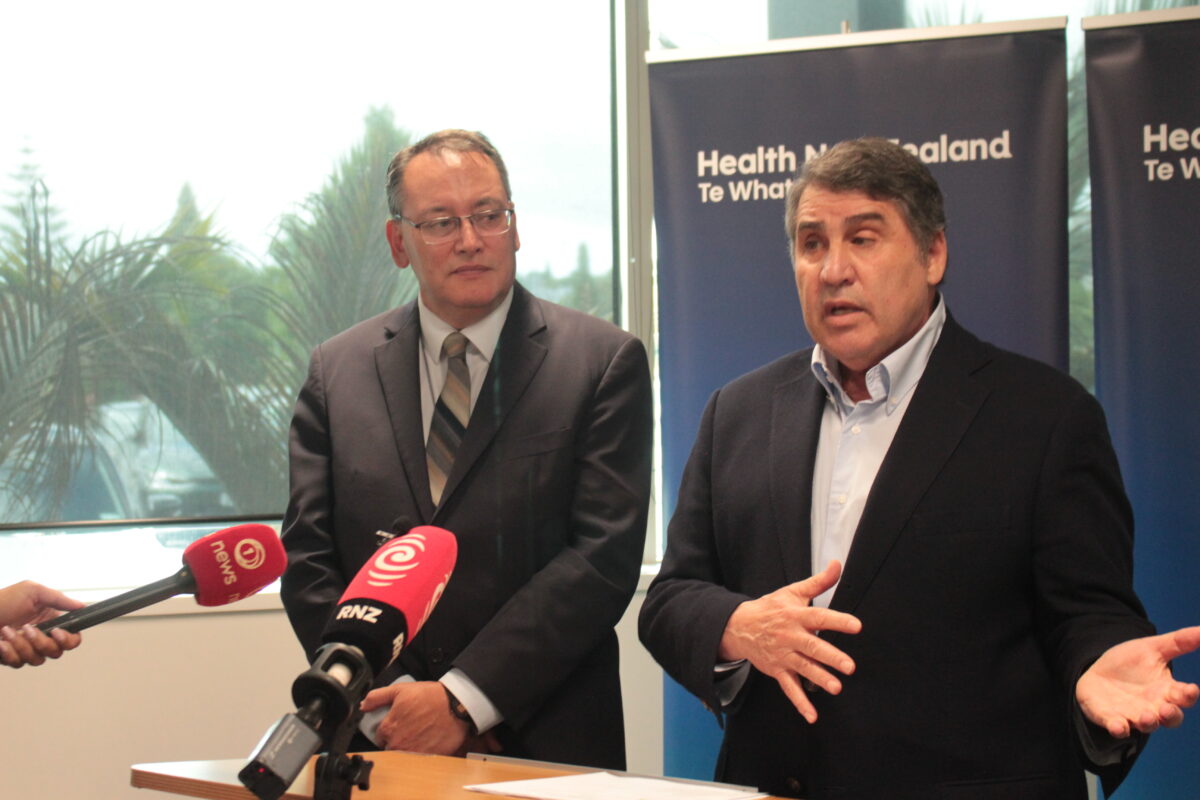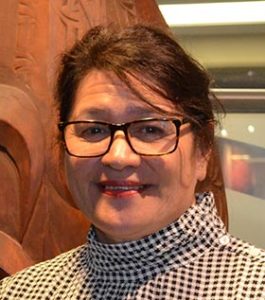
Minister of Health Shane Reti, at Whangārei Hospital today, announced $20 million for 50 new senior doctors and $10 million for 75 senior specialist nurses and allied health professionals.
“While Health New Zealand has made significant progress recruiting nurses in the last 12 months, there are critical shortages in rural areas and particular specialties, such as mental health, maternity and critical care,” Reti said in a release.
‘Despite what they say, there is a hiring freeze on nurses and critical beds are being temporarily closed in some units due to a lack of nurses.’
“Setting aside funding specifically to employ senior specialist nurses and allied health professionals will help sustain services that are struggling because of a lack of specialist skills.”
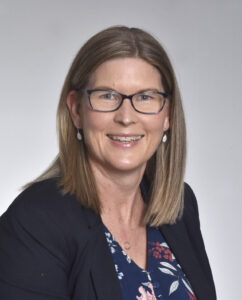
The funding would fill critical workforce gaps and help deliver on the Government’s health targets, particularly in regional or provincial hospitals, he said.
Critical care nurse Tania Mitchell said without details, she was “a bit sceptical” of the news, given the current hiring constraints for nurses at Te Whatu Ora.
She knew of many senior nurses, including clinical coaches and nurse educators, employed in the past three years to support increased numbers of critical care beds, were not having their fixed-term contracts renewed.
“Despite what they say, there is a hiring freeze on nurses and critical beds are being temporarily closed in some units due to a lack of nurses,” said Mitchell, a member of NZNO’s college of critical care nurses.
NZNO — Tōpūtanga Tapuhi Kaitiaki o Aotearoa kaiwhakahaere Kerri Nuku said while more specialist and regional nurses was good news, it was a “drop in the bucket” of what was needed to fix nurse shortages.
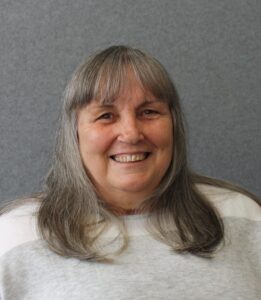
NZNO mental health nurses section chair Helen Garrick said she was pleased to see the Government investing in senior specialist nurses.
“This is what we need right now, with the increased burden on crisis teams,” she told Kaitiaki.
But more detail was needed on how they would recruit the senior specialist mental health nurses needed — she wondered whether they would come from overseas or from those who had left the specialty in New Zealand.
‘Aotearoa desperately needs more Māori nurses to ensure there are culturally safe nurse-to-patient ratios.’
Asked for details, the minister’s office referred Kaitiaki to Te Whatu Ora, which was unable to immediately answer questions on how, when and where the specialist nurse recruitment would happen, and how it was being funded.
The information would be provided in coming days, a spokesperson said.
Northland primary health nurse practitioner Margaret Hand — also an NZNO board member — said rural nurses had workloads of up to 100 patients each.
“Do we need specialists or more nurses who just want to work for equitable pay rates to afford the rising costs of living?”
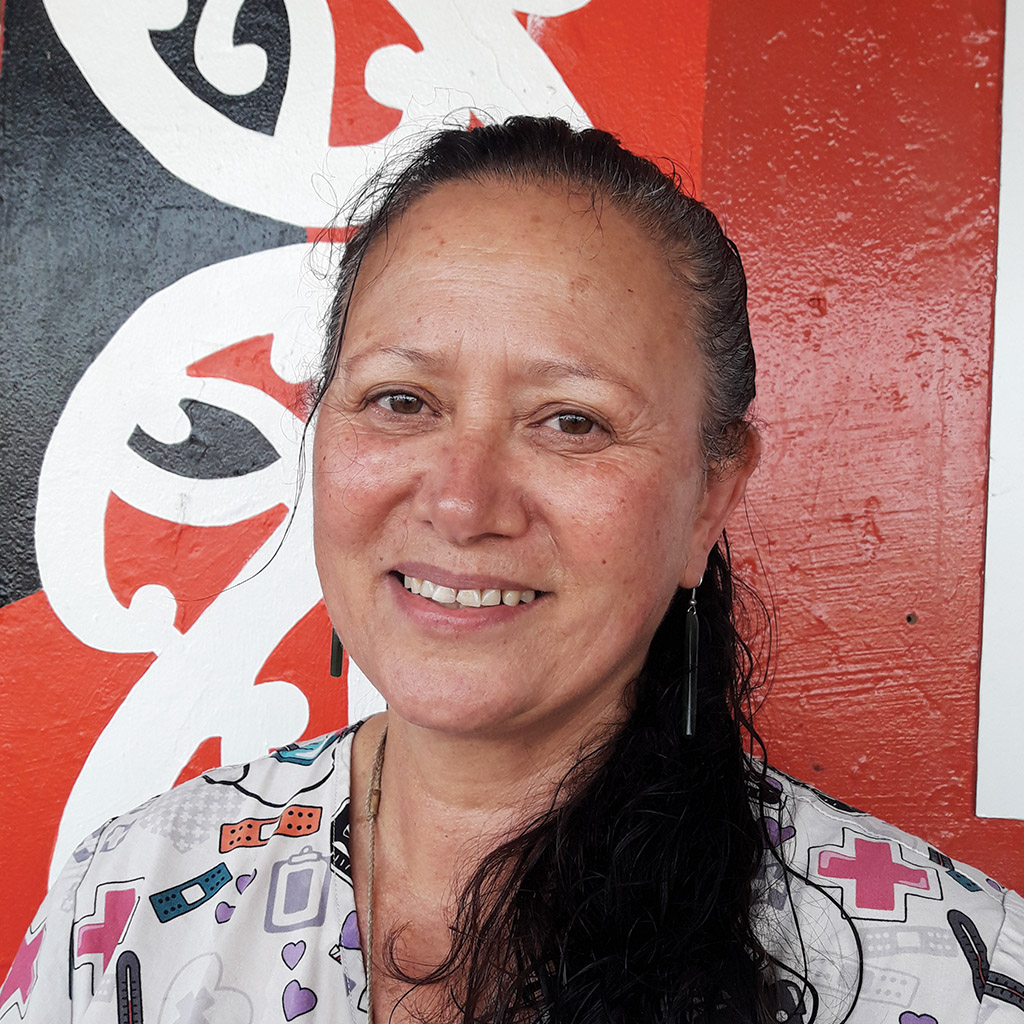
Hand said nurses gave so much and received so little in return.
NZNO college of primary health care nurses (PHC) chair Tracey Morgan said it was frustrating to hear of millions being poured into specialists when nurses in the community were only being offered a three per cent pay rise. That was despite a pay gap as high as 20 per cent with their counterparts at Te Whatu Ora.
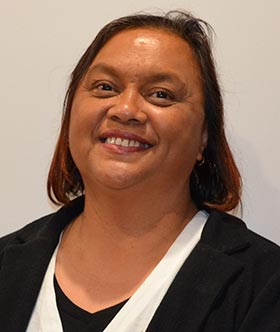
Nuku said the Government had no vision for the health sector and was “tinkering” around the edges.
“Aotearoa desperately needs more Māori nurses to ensure there are culturally safe nurse-to-patient ratios and improve Māori health outcomes,” she said.
The $10 million was not new money, but the result of other cuts — including to Hauora Māori services revealed today, Nuku said.
Te Whatu Ora commissioner Lester Levy said the funding came from outside regional budgets and would “directly impact frontline services and help us reduce waiting times for patients”.
$12 million ‘regional fund’
Reti also announced a $12 million fund for minor improvements at hospitals “to make the daily lives of frontline staff and patients easier”.
The funding would allow regions to fix “smaller niggly issues” like a broken water cooler or new toys for the children’s ward, Levy said.


